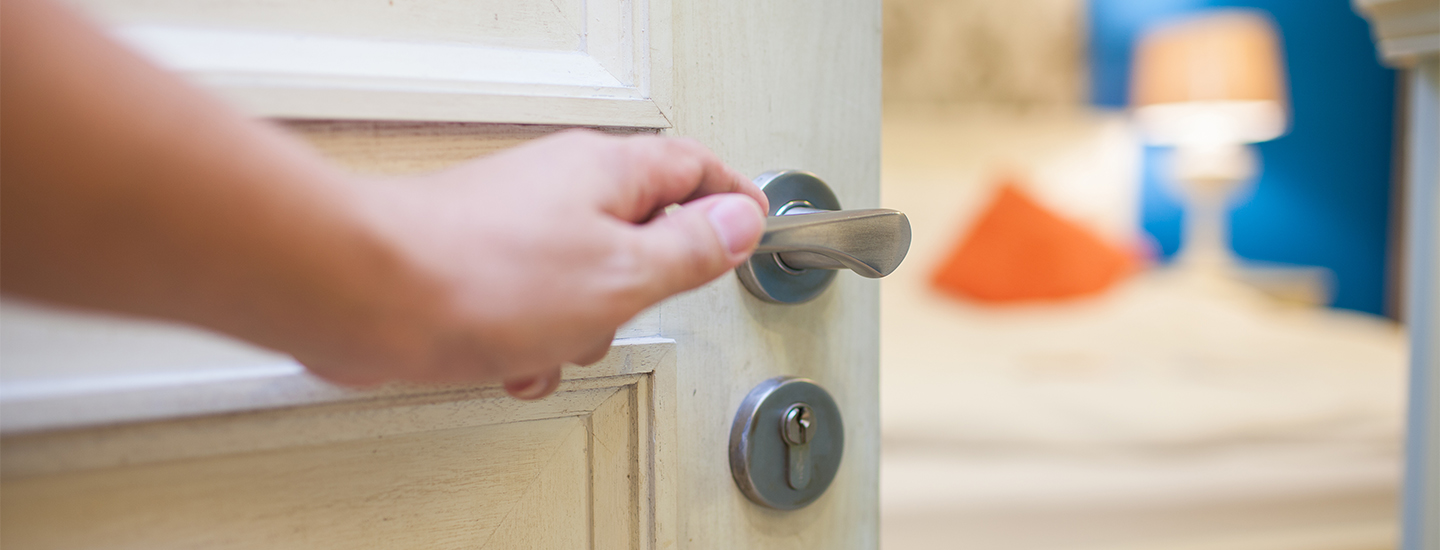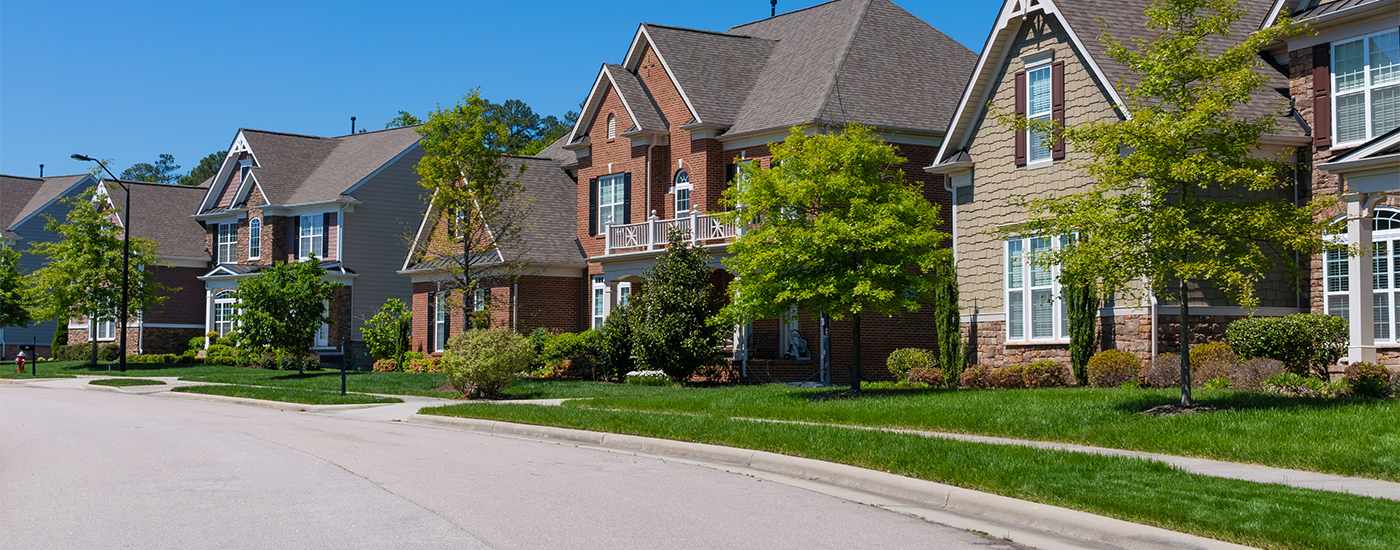How Much Can You Afford to Invest In a Home?
Stretching your finances too thin can lead to unnecessary stress. Your mortgage is a tool that’s meant to support your financial goals, not hinder them. The key is to know your numbers and find a solution that works within your means.
Here are some factors to consider when determining how much you can afford to borrow for your mortgage:
1.Down Payment
The minimum down payment you can make in Canada is 5% of the first $500,000 and 10% of the amount above $500,000.
What if you are putting less than 20% down?
If you make a down payment of less than 20%, your mortgage is considered high-ratio. This means you’ll be required to:
- Pay mortgage insurance premiums.
- Choose a mortgage amortization period that’s no longer than 25 years.
How much does mortgage insurance cost?
The cost of your insurance payments will vary, depending on the size of your mortgage. You can choose between two insurers: Canada Mortgage and Housing Corporation (CMHC) or Genworth Canada.
What does mortgage insurance do?
Mortgage insurance is designed to protect the lender in cases where a borrow defaults. It can be paid in a lump sum upon closing, or in installments over the length of the mortgage.
What if you have a down payment of 20% or more?
A mortgage with a down payment of 20% or more is considered a conventional mortgage. This means you can:
- Choose a mortgage amortization period of up to 35 years.
- Avoid paying for additional insurance.
2.Closing Costs
Closing costs can add up to anywhere from 1.5 to 4% of the purchase price of a home. These are one-time transactions that commonly include: inspection fees, realtor fees, lawyer fees, and land transfer tax.
3.Additional Ongoing Costs
Of course, becoming a home-owner means incurring a range of ongoing costs that must be considered separately from the purchase price and closing costs involved. Common additional costs include: home insurance, payment protection insurance, strata fees (monthly fees paid on the purchase of a condo), utility fees (such as hydro and water), and property tax.
How to Calculate What You Can Afford
Once you’ve considered all of the factors involved, you can compare these numbers to your income to determine exactly how much you can afford to borrow. Here’s how:
Why You Should Run the Numbers with Us
No matter what situation you’re in, it’s a good idea to run through your numbers with one of our mortgage specialists. Together, we’ll help you determine your closing costs and prepare you for the financial transaction you are planning to make.
At Mortgage Savvy, we would never put you in a situation we wouldn’t want for our own family members. No matter your financial background, we’re here to offer sound advice and guide you through the decision-making process.



